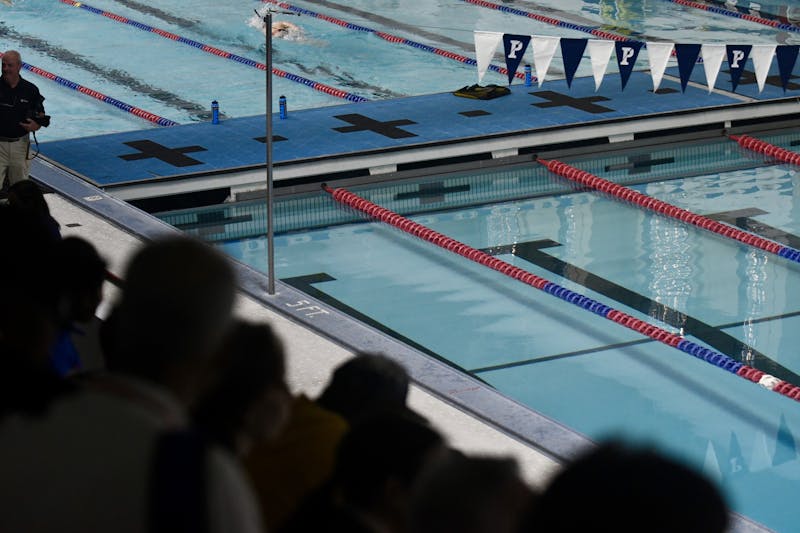University Council also addressed other staff and student issues. A student-driven dialogue on how the University can better recruit and retain minority students highlighted the first monthly meeting of University Council yesterday afternoon in the Quadrangle's McClelland Hall. The two-hour session also dealt with administrative matters, the responsibilities of Council committees and several issues facing the students, staff workers and administrators that compose the advisory body's 92-person membership. In his status report on the activities of the Undergraduate Assembly, UA Chairperson Bill Conway called on Council to remedy the "startlingly low" number of minorities at Penn. "I think a representationally diverse campus would enhance the quality of the campus," the Wharton junior said. "This is the kind of issue Council needs to address. That's what it was created for." The 143 African Americans and the 117 Latinos in the Class of 2002 make up 5.9 and 4.8 percent of the freshman class, respectively. Both figures are much lower than the minority groups' representation in the wider American population. Although no Ivy League schools approach the two groups' representation in the United States, Penn falls lowest among urban Ivies such as Columbia, Yale and Harvard universities. United Minorities Council Chairperson Charles Howard, a College junior, said the situation was dire. "We're in a crisis situation," he said. "Our numbers have been low for far too long [and] we can possibly lose the numbers we have now." Howard emphasized that Penn's inability to compete with new financial aid initiatives announced at several peer institutions -- including Harvard and Princeton universities and the Massachusetts Institute of Technology -- will make it harder for Penn to attract top minority students. Princeton recently announced that its new aid plan -- which replaces loans with grants for students whose families make less than $40,000 a year -- has led to a surge in enrollment of middle- and lower-income students. Administrators and faculty gave their cautious support to the undergraduates' demands for action on minority recruitment. "This is something that is developing almost day by day," Interim Provost Michael Wachter said of other schools' financial aid changes. "We are focusing on it but we do have constraints. We will not allow the University to become non-competitive in attracting all students, including underrepresented minorities." Council's Pluralism Committee, headed by English Professor Eric Cheyfitz, will address the minority student issue. Several members of Council's Steering Committee indicated that they would ask the Pluralism Committee to "fast-track" a report, likely to be delivered at Council's November or December meeting, on what the current data are on minority students at top colleges and how Penn can remedy the situation. But City and Regional Planning Professor John Keene -- chairperson of the Steering Committee -- said it was "premature" to speculate on what recommendations could be delivered. The 32 Council delegates in attendance -- six short of the quorum needed for official voting -- also discussed such issues as Penn's relations with the outside community, the new college house residential system and the issue of student computer access. Council's next full meeting is scheduled for October 14.
The Daily Pennsylvanian is an independent, student-run newspaper. Please consider making a donation to support the coverage that shapes the University. Your generosity ensures a future of strong journalism at Penn.
DonatePlease note All comments are eligible for publication in The Daily Pennsylvanian.







